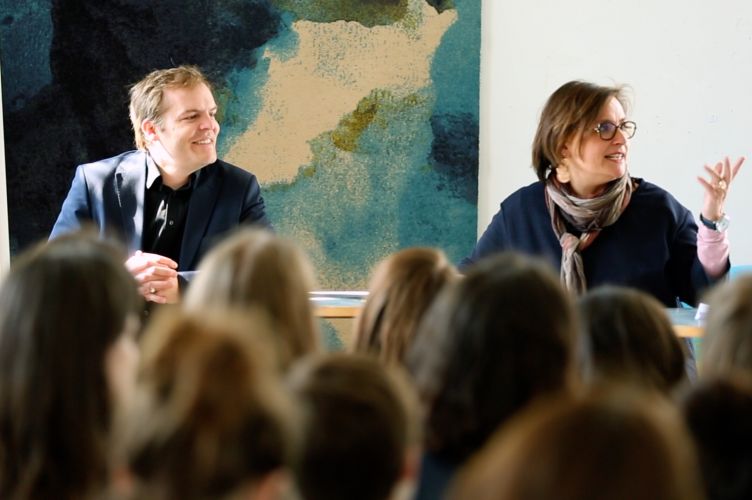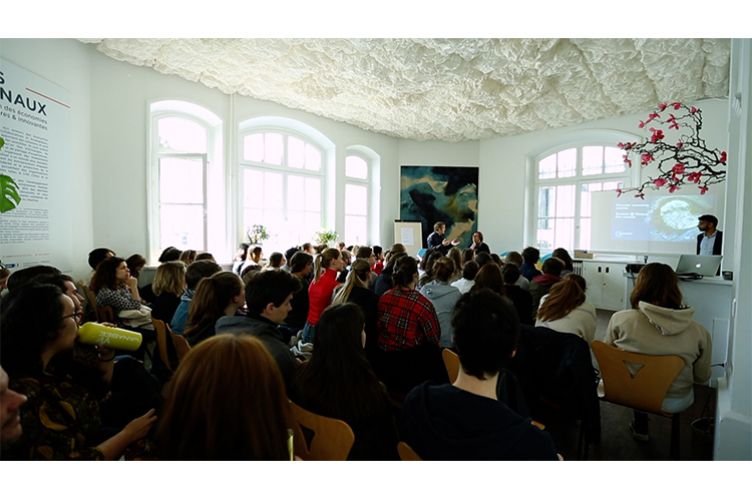According to the Scientific co-directors of the ESCP - Deloitte Circular Economy & Business Sustainable Models Chair, business schools have a key role to play in this transformation. ESCP has already initiated many innovations in this field, and in particular created a chair dedicated to this subject to promote the circular economy in society and facilitate its appropriation by companies.
According to the 2019 Circularity Gap Report, more than 90% of the raw materials we use are not re-injected into the economy: our planet is under enormous pressure on its natural resources and the climate, which must be quickly relieved.
The circular economy is a concept aimed at rethinking the economy, to produce goods and services while limiting the consumption and waste of raw materials, water and energy sources. It is a new economic model that aims to protect companies from the consumption and exploitation of natural resources. Companies, which hold the keys to their business model, are therefore obviously at the heart of the system.
ESCP has already initiated many innovations in this field: we have been teaching circular economics for more than four years in the school's various programmes, notably in our Master of Science (MSc) in International Sustainability (Paris - Berlin programme). The school also organizes the annual Conference for Sustainable Innovation on the Berlin campus. And during the next academic year, the 400 students of the Master in Management's new class will participate in a cross-curricular seminar devoted to the ecological and social transition.
An accelerator of innovation for the transition to the circular economy
 To continue and strengthen this movement, we have created the ESCP - Deloitte in "Circular Economy & Business Sustainable Models" Chair. It seeks to study, identify and explain the levers and locks of the circular economy, wishing to position itself as an accelerator of innovation for the transition to the circular economy. Its fields of action concern research, teaching and the dissemination of good practices in the managerial world.
To continue and strengthen this movement, we have created the ESCP - Deloitte in "Circular Economy & Business Sustainable Models" Chair. It seeks to study, identify and explain the levers and locks of the circular economy, wishing to position itself as an accelerator of innovation for the transition to the circular economy. Its fields of action concern research, teaching and the dissemination of good practices in the managerial world.
Our conviction is that the circular economy must be thought of in a collaborative way. While the invention of these new models is now a major challenge, the transition to the circular economy is a complex process, requiring concerted action and a joint effort by a range of stakeholders: companies, investors, public actors, citizens, think-tanks and experts, etc. As a result, our courses are built in partnership with entrepreneurs but also with public and institutional actors.
The circular economy is a managerial change but also a cultural one that transforms our relationship to value creation, progress and consumption patterns. This change implies a leadership role on the part of companies but also of business schools. For us, the circular economy challenges all of the company's activities and is located at the intersection between the roads of strategy, supply chain management, entrepreneurship, the environment, accounting, marketing, law and product design. It is also a fundamentally interdisciplinary issue, which leads business schools to open up to other fields such as engineering, natural sciences, political science or philosophy.
Campuses
